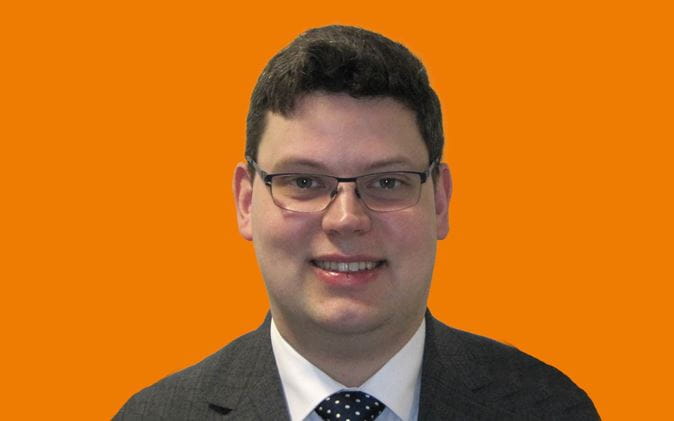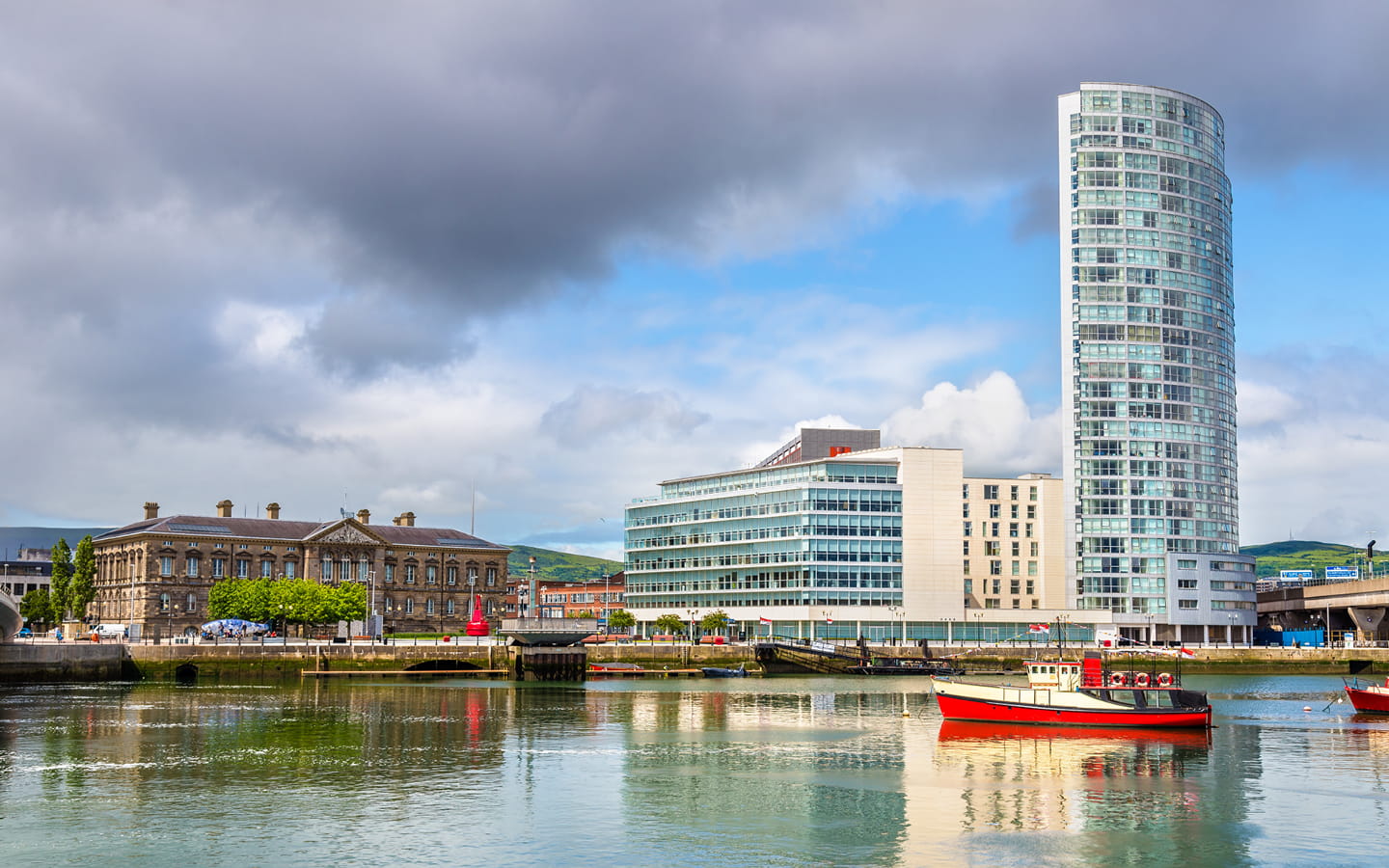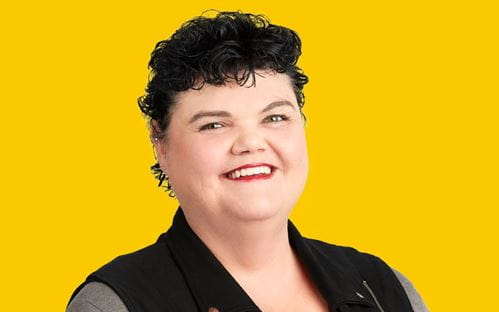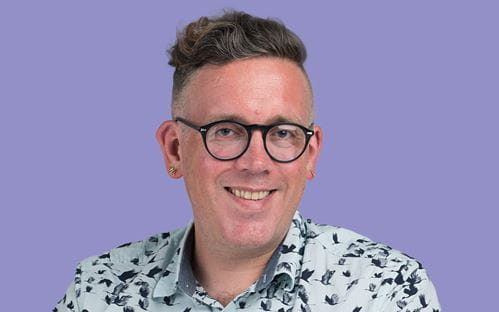

“A few people have told me they were too scared to tell their employers. That’s a dangerous place to end up.”
Richard Wells has, he admits, followed a somewhat convoluted career path, involving one very sharp handbrake turn from frontline hospital doctor to trainee solicitor.
As a Cambridge undergraduate he read medicine, later completing a PhD in immunology and cancer medicine, before moving on to work as a junior doctor in the NHS.
Work as a doctor was high pressure and could be gruelling, but he enjoyed the interaction with patients, particularly as much of his work was in end of life and palliative care.
“Some people think that sounds depressing but it was some of the most uplifting work I’ve done. Being there at the end of life and being able to improve the experience of patients and their families was incredibly fulfilling.”
But after two years practicing medicine, he decided it wasn’t for him.
The law was high up on his list of potential new professions, particularly if he could join a full-service firm offering him the chance to work in a range of fields. He also explored joining the diplomatic service.
An A&O senior recruitment manager, at a graduate recruitment event, convinced him that the firm would be more flexible than most in considering him as a recruit.
“I was working on a shift pattern with fixed leave. I was told when I could take holidays, so going on a vacation scheme was impossible. Most law firms I talked to said: ‘Tough!’ But A&O said ‘Come in and see what we do’ and were incredibly helpful and supportive.”
In 2018 he was offered a trainee solicitor position and spent the next two years completing a law conversion course and the LPC qualification.
And there were other bridges to cross. A significant one came when he received A&O’s health survey to complete, as all new recruits must.
He had been diagnosed with epilepsy while studying for his PhD. As a teenager he had also been diagnosed with an underlying autoimmune condition that affects his kidneys and blood vessels.
Both conditions were manageable with medication and they were clearly well under control as he worked in the high-pressure world of the junior doctor. But he worried that disclosing his condition would affect his chances of taking up his post with the firm.
“Even with my medical background, filling in that form filled me with panic,” he admits. “Would it affect my training contract?” But when he talked to his trainers at A&O they were completely supportive and the answer was always the same he says: “Of course, there’s no problem.”
He’s aware that others struggle with this disclosure dilemma. “Those conversations are intimidating when you first have them and a few people have told me they were too scared to tell their employers. That’s a dangerous place to end up.”
Into lockdown
He finally joined the firm in March 2020, taking his first seat in the banking practice just as the Covid-19 pandemic was moving into its first devastating phase. Soon after the country went into lockdown and the firm began remote working.
“It was a strange time to start,” he says. “Coming into the business at that time it was hard to put down roots and feel you were integrating. Lots of teams were getting together regularly in virtual meetings. But, at first, the meetings were exponentially more helpful for people who already knew others on the call.”
After six months of grinding through lockdown, however, it began to feel like everyone was in the same place. It’s then that Richard really felt that all the support he was getting started working for him, something that has carried on as the firm has moved to hybrid working.
“Remote working has been a leveller. Lots of barriers have been broken down during this time and it’s been great to talk to people you weren’t working for or who were much more senior.”
Opening up
Increasingly, Richard has been speaking openly about his conditions and how he manages them, even being part of a panel event on disability.
At first he was reluctant to take part. He felt that his medical condition was well under control and presenting far less of a hurdle than others faced. But on reflection he began to see that the physical and mental impacts of his conditions were actually greater than he had appreciated and saw the benefit of sharing his experience.
So what steps does he need to take to keep himself well?
Firstly he always needs to carry his medication with him and remember to take the five or six pills a day at the right time. The other crucial task for him, and others with epilepsy, is sleep management. A slip up in either could trigger a seizure.
“I’m really careful about that, but obviously that can be challenging for a junior doctor and a city lawyer,” he says.
Making others understand this involves some big, and sometimes, awkward conversations.
“I have to make it clear that I’m not saying I won’t work late or that I won’t pull my weight. But there will come a point when you ask me to do something and I might have to say no and take myself off for a few hours. Because otherwise you could lose me for six months.”
It’s lucky, he feels, that he has faced this challenge before.
“I do have the experience of working in a professional environment and treading the line between being quite firm about what I need but also accepting that I have to pull my weight as part of the team. When you are at the bottom of a hierarchy it can be difficult to have that conversation. It’s made very easy for me here, but it’s still difficult to bring it up at times.”
With the introduction of hybrid working, Richard is now coming into the office for about three days a week, travelling down from his home and staying over in London for two nights. That allows him to cut down the length of his days by an hour or two each day, which he says makes a huge difference.
Next steps
There are aspects of medicine he misses, but is certain he has made the right choice.
And, as he approaches qualification, he is, to some extent, reconnecting with his medical training. He has applied to qualify into the arbitration practice where A&O is looking to build up its IP and life sciences arbitration practices.
“I’ve come back to life sciences to an extent, and IP in particular, as an area where I feel I can add something different,” he says. “It’s nice to have informed conversations with clients. I’ve ended up in the right place at the right time.”
Recommended content
Our offices

-
Belfast
68 Donegall Quay
Belfast
BT1 3NL
- +44 2890 607500
- Send email

-
London
One Bishops Square
London
E1 6AD
- +44 20 3088 0000
- Send email

